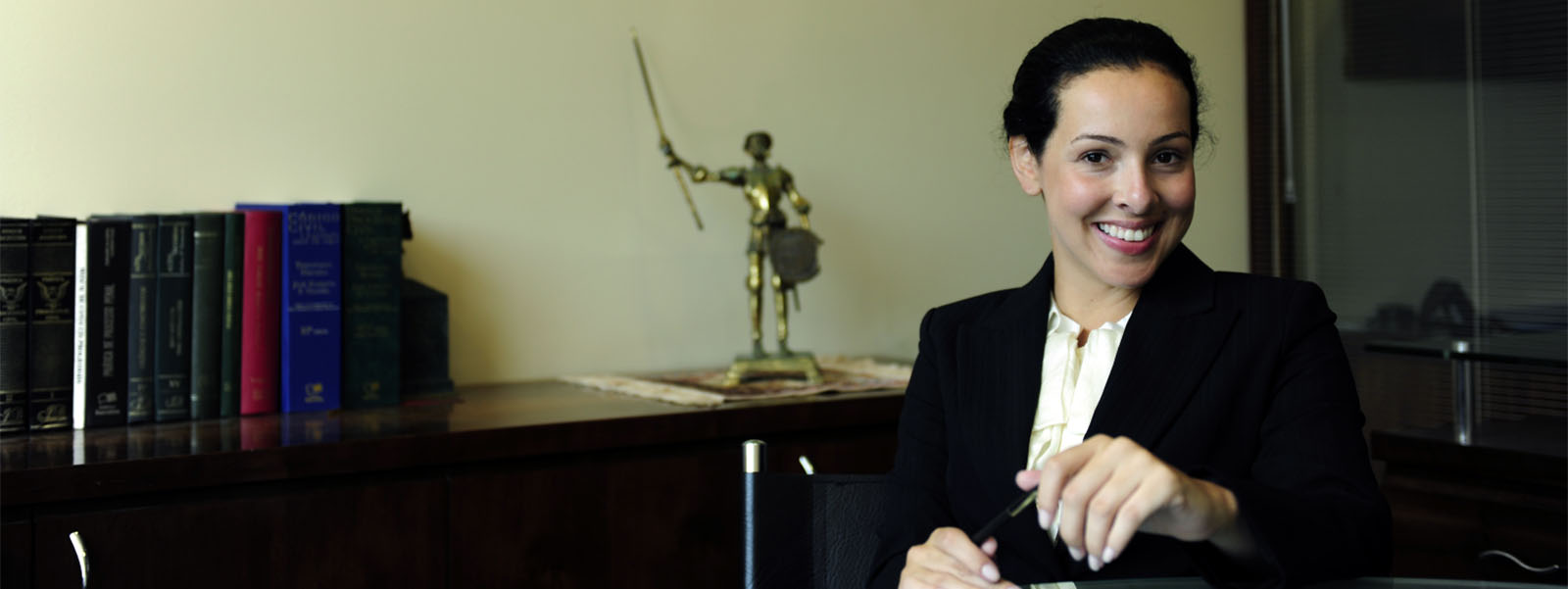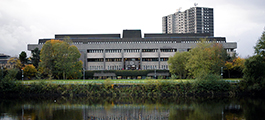Private law governs the relationships between private individuals. It's the area of law that most defines a society and is most closely connected to a country’s very sense of identity.
Scottish private law, having developed through the competing influences of the English Common Law and the continental Civil Law, acts as a bridge between these two great legal families. It contains elements of both and is uniquely valuable as a basis of comparative study.
Our areas of expertise
The Strathclyde Law School has a wealth of doctrinal and philosophical expertise in a number of discrete areas of Scottish private law, including:
- The law of obligations
- Family law
- Child law
- Legal history
- Access to legal services
- Private international law
- Personal bar
- Bio-ethics
- Property law
Current research projects
Professor Kenneth Norrie is examining the legal regulation of same-sex families, and their international recognition. He's also exploring judicial decision-making within the field of child protection, and the place of welfare within both domestic law and the UN Convention on the Rights of the Child.
Dr Mary Neal is exploring the concepts of personhood and property within the concept of the maternal-foetal conflict.
Professor Barry Rodger focuses his work on the interface between competition law and private law and is presently involved in a project on the private enforcement of competition law in the UK and EU. He's also exploring the development of collective redress in the UK; competition litigation settlement practice in the UK; and EU law rights consciousness in Scotland.
Professor John Blackie has been working on the interaction of the law of delict and criminal law. This is now extending to work on the general structure of the law of delict. He's also working on the history of the law of evidence and procedure, and the impact of these areas of law on the law of obligations.
Professor Claire McDiarmid is presently exploring the possibility of a defence of “developmental immaturity” for children who are prosecuted for criminal offences. Additionally, she's working on the way in which childhood is conceptualised in sentencing (of children) cases, and the meaning and application of the welfare principle for the good of children in the 21st century. She's also examining the case law on the meaning of “free agreement” within the context of Part 2 of the Sexual Offences (Scotland) Act 2009.
Malcolm Combe is involved in ongoing research to do with public access to land, land law reform, and landlord and tenant law. He is the general editor of W. Green’s Scottish Landlord and Tenant Legislation. A current research project relates to the abandonment of land by the deliberate action of its owner.







